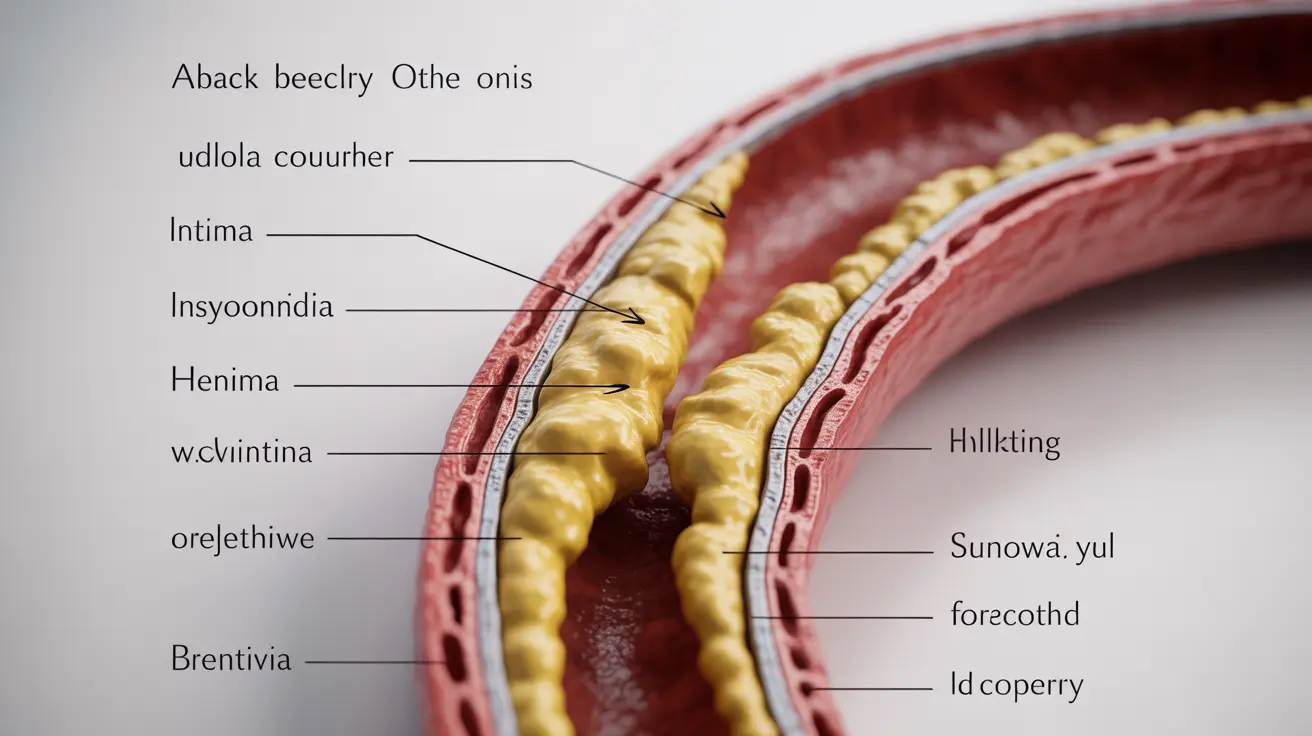Being aware of potential heart blockages is crucial for maintaining cardiovascular health. While definitive diagnosis requires medical testing, understanding how to monitor your heart health at home and recognize warning signs can help you take timely action. This comprehensive guide will help you understand the signs of heart blockage and know when to seek medical attention.
Understanding Heart Blockage and Its Risk Factors
Heart blockage, or atherosclerosis, occurs when plaque builds up in your arteries, restricting blood flow to your heart. Several risk factors can contribute to this condition, including high blood pressure, high cholesterol, smoking, diabetes, and family history. Recognizing these risk factors is the first step in monitoring your heart health at home.
Key Signs and Symptoms to Monitor at Home
Physical Symptoms
Watch for these common indicators of potential heart blockage:
- Shortness of breath during mild activity
- Unexplained fatigue
- Discomfort or pressure in the chest
- Pain radiating to the arms, neck, or jaw
- Irregular heartbeat or palpitations
- Dizziness or lightheadedness
Daily Activities Assessment
Monitor how well you can perform everyday tasks. Notice if you experience:
- Difficulty climbing stairs
- Reduced exercise tolerance
- Need to rest more frequently during activities
- Unusual sweating with minimal exertion
Simple Home Monitoring Methods
Pulse Check
Learn to check your pulse regularly:
- Place two fingers on your wrist or neck
- Count beats for 30 seconds and multiply by 2
- Note any irregularities in rhythm
- Record readings at different times of day
Blood Pressure Monitoring
Invest in a reliable home blood pressure monitor and:
- Take readings at the same time daily
- Keep a log of measurements
- Note any significant changes
- Share results with your healthcare provider
Warning Signs Requiring Immediate Medical Attention
Seek emergency care if you experience:
- Severe chest pain or pressure
- Sudden difficulty breathing
- Pain spreading to arms, neck, or jaw
- Cold sweats with nausea
- Extreme fatigue or weakness
Frequently Asked Questions
How can I check for signs of heart blockage or atherosclerosis at home?
You can monitor potential signs of heart blockage at home by checking your pulse regularly, tracking your blood pressure, and being aware of symptoms like shortness of breath, unusual fatigue, and chest discomfort. Keep a daily log of these observations to share with your healthcare provider.
What symptoms should make me worry about a possible blocked artery in my heart?
Be concerned if you experience chest pain or pressure, shortness of breath during mild activity, pain radiating to your arms or jaw, unexpected fatigue, irregular heartbeat, or dizziness. These symptoms warrant prompt medical evaluation.
Are there simple home tests to monitor my risk of heart artery blockages?
While there's no definitive home test for heart blockages, you can monitor your pulse, blood pressure, and exercise tolerance. Regular tracking of these indicators can help identify concerning changes that should be evaluated by a healthcare provider.
When should I see a doctor for suspected heart blockage or artery narrowing?
See a doctor immediately if you experience severe chest pain, sudden breathing difficulties, or pain spreading to your arms and jaw. Schedule a check-up if you notice persistent mild symptoms like unusual fatigue, decreased exercise tolerance, or recurring chest discomfort.
What medical tests are used to diagnose heart artery blockages or atherosclerosis?
Doctors use various tests to diagnose heart blockages, including ECG/EKG, stress tests, coronary calcium scans, coronary angiograms, and cardiac CT scans. Your healthcare provider will determine which tests are appropriate based on your symptoms and risk factors.




